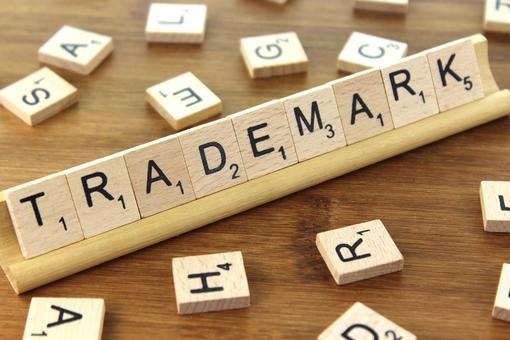Importance of using a trademark
The registration of a trademark gives its holder the exclusive right to prevent third parties from using identical or similar products with the same trademark or using a trademark so similar that it can create confusion.
Law 17/2001, of December 7, on Trademarks stipulates the definition of a trademark in article number four, verbatim:
“All signs, especially words, including personal names, drawings, letters, figures, colors, the shape of the product or its packaging, or sounds, may constitute trademarks, provided that such signs are necessary for:
a) distinguish the products or services of a company from those of other companies and
b) be represented in the Trademark Registry in such a way as to allow the competent authorities and the general public to determine the clear and precise object of the protection granted to its owner ”.
Thus, taking into account the definition of a trademark, and its rationale, “to distinguish the products or services of a company from those of other companies”, we can affirm that the use of the trademark is an intrinsic legal characteristic of the sign that is used. as such.
The exclusive right to use the trademark is granted from its application, and said right is perfected when the firm registration is granted, although it is very frequent, and an important error, that the trademarks begin to be used even before the application.
Both the Spanish legislation through the current Trademark Law, as well as the European one, by virtue of Regulation (EU) 2017/1001 of the European Parliament and the Council of June 14, 2017 on the European Union trademark, grants a period of five years from the publication of the granting of the registration for the trademark owner to start using the trademark in the class of products and services for which it was registered, except for just cause. Within this period, we can define our marketing strategy to publicize our brand, invest in advertising, sponsorship contracts, naming, etc.
From that moment, the use of the trademark becomes an obligation and its non-compliance has consequences, the cancellation of the trademark registration in question. In this sense, we are interested in highlighting that the expiration does not occur ex officio by the corresponding Industrial Property Office, but must be requested at the request of the party.
This use of the duly registered trademark of which we have been talking must be real and effective, which requires the use of the sign in question to be in accordance with its essential function, to identify, differentiate and commercialize products or services in the market. To determine whether the use is relevant, it must be assessed on a case-by-case basis, paying special attention to the following premises:
In the first place, that it is an effective use of the trademark, not of a symbolic nature, whose sole purpose is to maintain the rights that a trademark confers.
Secondly, that such use, according to the essential function of the trademark, must be related to the specific products or services that are protected, ensuring that the consumer can correctly identify a certain origin and differentiate it from other products or services of diverse origin.
Third, the use must be made in the specific market, where the protected products or services are presented.
And fourth and last, all the facts and appropriate must be taken into consideration to determine the reality of its commercial exploitation.
The effective and real use of the distinctive must take place in the territory where the trademark has been registered, in accordance with the principle of territoriality that governs trademark law. The use of the trademark in a part of the territory in question (even in a reduced part of the territory) will be valid to the extent that the trademark owner demonstrates that it satisfies the demand for products and services that the trademark identifies.
The means of proof accepted by the Industrial Property Offices will be assessed as a whole to determine the real and effective use of the trademarks. From our firm CASAS ASIN we highlight below those tests that in accordance with the legislation in force and our extensive experience are generally accepted by the Industrial Property Offices:
– Snapshots of the trademark in question in establishments or points of sale where the trademark is being marketed.
– Participation in fairs related to the corresponding business sector.
– Examples of advertising and promotions of the trademark referred to in: Advertising campaigns and advertisements on TV, Press, Radio, social networks, or other media
– Sponsors and Sponsorships made by the trademark.
– Presence of the trademark in news or specialized TV or Radio programs, as well as in press articles.
– Repercussion in digital media and social networks of the referred brand. (Followers, likes, publications, post interactions …)
– Sales invoicing.
– Billing of the investment for advertising.
– Billing of distribution expenses and other acts destined to commercialize the trademark.
– Recognitions, certifications, awards, or awards that the trademark has received.
– Market studies.
– Opinion polls carried out in relation to the trademark.
We are interested in highlighting that if the trademark is not used effectively for some of the products or services for which it has been registered, the trademark will be partially canceled for the unused products and services and the registration will be maintained for the products and services actually used.
From CASAS ASIN as a law firm specialized in Industrial Property, we are in a position to offer you complete and personalized advice on the procedure to follow to protect your trademark rights in any country in the world in accordance with the local legislation of each country in question.





